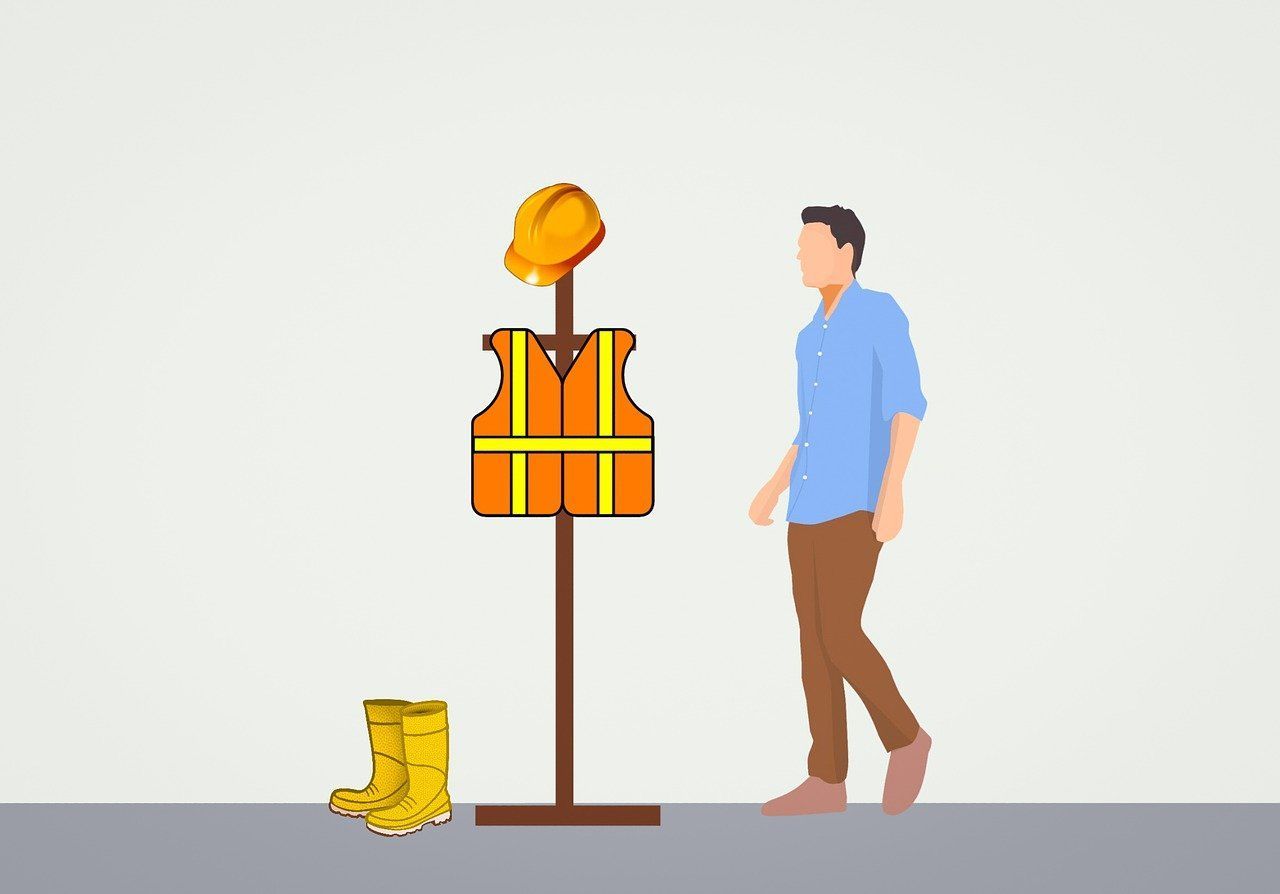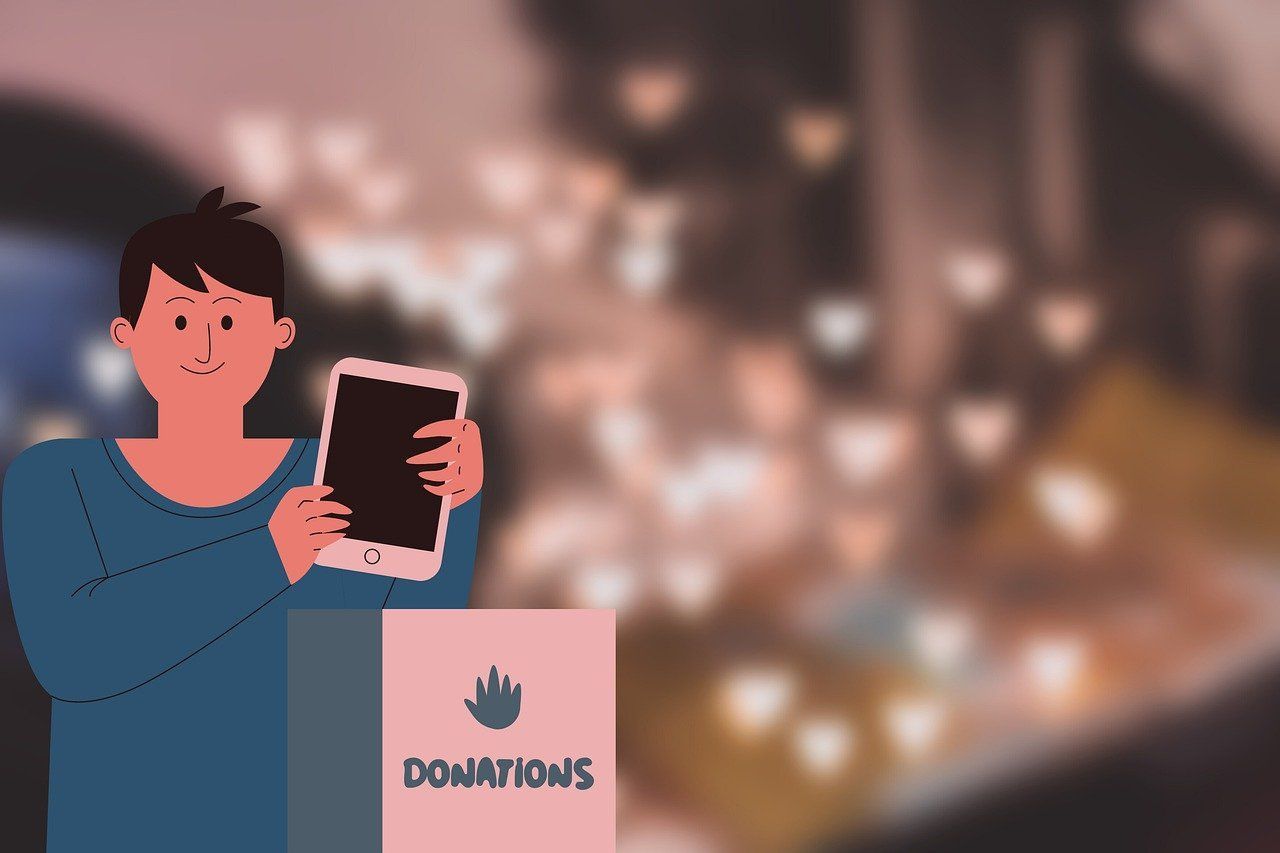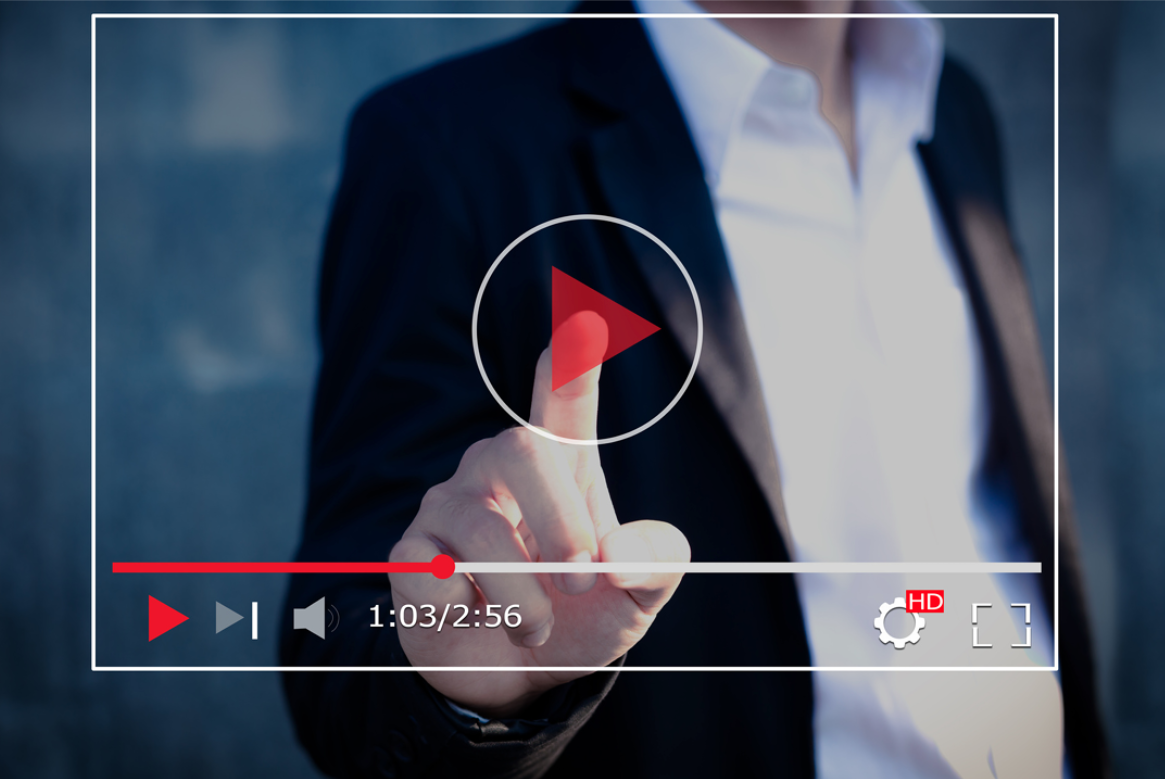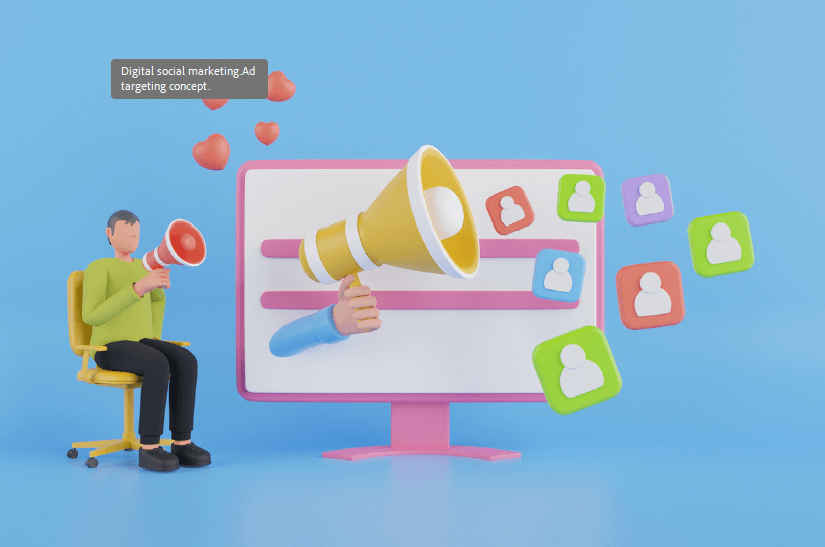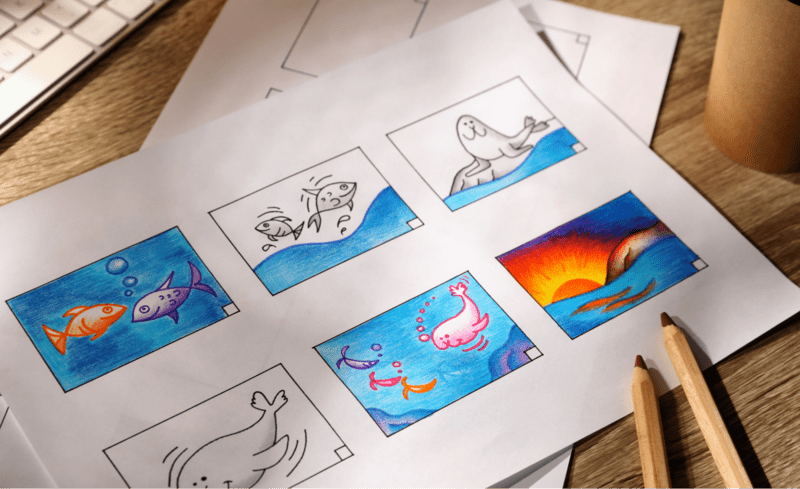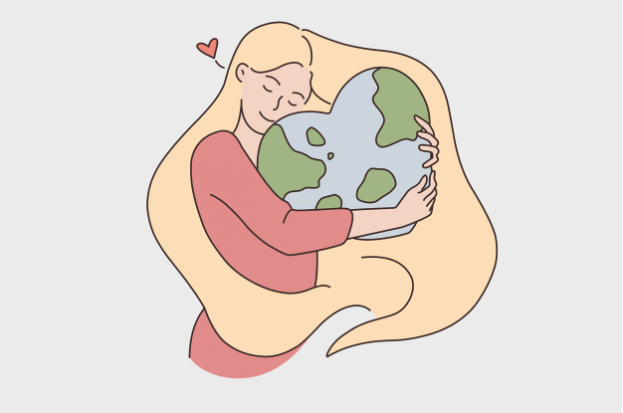Will AI Replace Video Production Companies?
Artificial intelligence (AI) is the hot topic in every industry, as experts and commentators speculate how this rapidly evolving technology will change the future of work; and humanity.
However the water cooler exists at your job – maybe you’re playing it retro and still have an actual water cooler in your physical office – people are gathering around it to ask if you’ve tried ChatGPT yet, if AI will result in a shorter work week, or if the robots are coming for us Skynet-style. While there is nothing to suggest artificial intelligence has become sentient, the line between reality and science fiction is blurring.
Where does this leave people working in industries like video production? Will AI replace us, or will it become another tool in our utility belts?
This Just In
News headlines surrounding artificial intelligence are constantly fluctuating, and the biggest topics of conversation can be forgotten only a week later once something new eclipses it.
AI is progressing so rapidly, it’s hard for experts to say with any degree of certainty where it may take us, but that doesn’t stop everyone having an opinion on what will happen next. At the time of writing in June 2023, here is an overview of the leading artificial intelligence headlines:
- Sam Altman, creator of ChatGPT, says AI poses an “existential risk” to humanity.
- The United Kingdom will host the first global summit on artificial intelligence safety (date TBA).
- The Beatles are back, as AI creates brand new songs from the Fab Four.
- The European Union (EU) asks social media companies, including Google and Facebook, to label AI-generated content.
- The latest AI trend is to expand famous paintings, creating more content but no art.
Read this article again in July and half of this will be old news. Or a reunited Beatles, half of whom are back from the grave, will become an acceptable reality. Really, it’s anyone’s guess.
Are You Sure That’s Legal?
Artificial intelligence is not entirely new in video production. AI has been used already for image manipulation and content editing. As the power of AI grows, however, it comes with the potential to create imagery from vast datasets. Seemingly making something from scratch, like a human would.
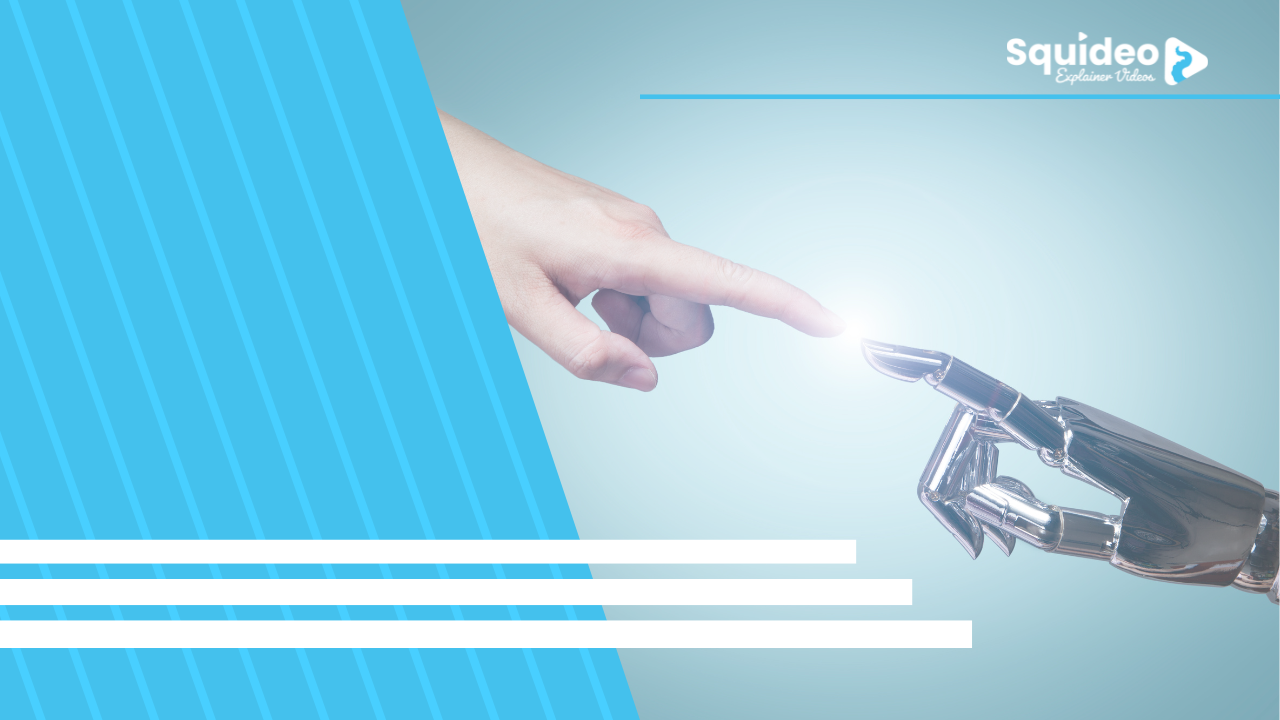
In May 2023, Adobe added an AI-powered image generator called Adobe Firefly to Photoshop. The software is promised to turn your wildest dream into an amazing image in seconds, but how is this image made? Rival software, such as Stability AI, have already faced legal action over the creation of their images. Groups like Getty Images claim Stability’s artificial intelligence generates content using existing images, or combining multiple images from the dataset its creator uploaded, which infringes their copyright.
Individuals using AI for personal use have a lot more legal freedoms than companies using AI to create images and videos for commercial use. Companies have to consider the copyright of the matter, and this is a huge ongoing debate that could take years to resolve.
As noted in the Berne Convention, an international treaty on copyright, copyright protection operates “for the benefit of the author and [their] successors in title” – the assumption being that there is a human creator. This has been affirmed in the US in the now famous “monkey selfie” dispute, during which both the Copyright Office and the courts found that animals could not hold copyright.
The absence of a human creator in respect of AI-generated content therefore presents obstacles to the subsistence of copyright in the output that is generated.
If a company uses AI to create a video, do they have ownership of it? Could the company face legal penalties if the AI is found to have used existing images and the artists’ sue, or is that a risk for the AI creator? Will users want to watch AI created content when there is such a big debate surrounding art and humanity; remember, the EU is campaigning for social media channels to put a label on AI content.
The simple answer is, we don’t know.
That’s a lot of potential legal issues and, because AI is evolving rapidly, there’s no clear answers. The earliest cases of these disputes are still ongoing, which means there’s little legal precedent to inform companies who are assessing how AI can help them with content creation.
Working with a video production company removes the uncertainty. Video production companies, like Squideo, give clients full ownership of the video once it’s created – meaning the video can be shared as widely as the company wants and, if it is replicated, the company can claim copyright.
Judgement Day?
In 2023, 91% of businesses plan to use video as a marketing tool and 96% rate video as an ‘important part’ of their marketing strategy. There is growing demand for short videos, perfect for sharing to reels and stories on social media. Implementing AI in the video production process can speed things up and lower the cost.
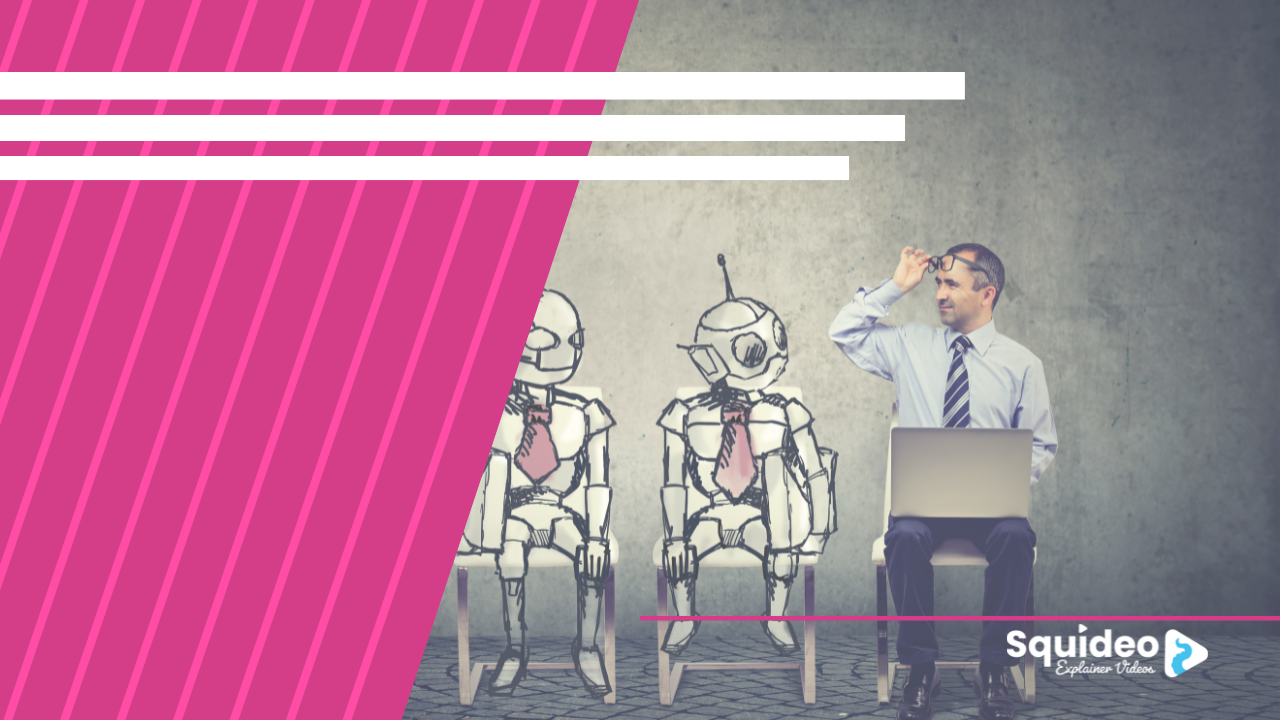
ChatGPT can accelerate the scriptwriting process by providing a foundation to build upon – though it’s best not to rely entirely on AI writing generators just yet, as it’s still making a variety of mistakes. Voiceovers can be supplied by AI instead of recording artists too, as the technology has made artificial voices significantly more life-like. Although they’re less directable than voiceover artist, and not necessarily cheaper.
Video production companies like Squideo create your animated video from scratch, ensuring complete one-of-a-kindness. That doesn’t mean we can’t benefit from AI tools – but we’re not about to become obsolete either.
Ready to create a unique video of your own? Watch the video below to get a better understanding of how Squideo can help promote your business, then get in touch with us to find out more!




